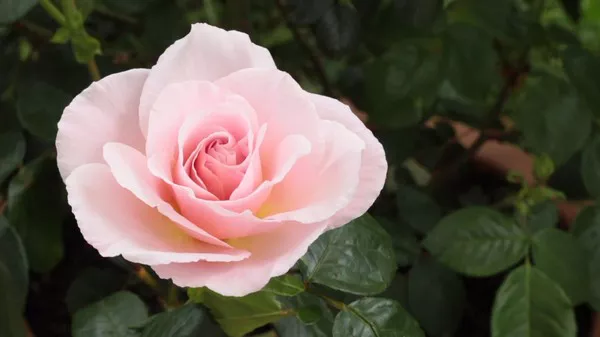Roses are often considered the crown jewel of a garden, prized for their beauty, fragrance, and symbolism. However, maintaining healthy roses can be a challenge, especially when faced with the persistent threat of possums. These nocturnal creatures are notorious for their voracious appetites and can wreak havoc on a carefully tended rose garden if left unchecked. Fortunately, there are several strategies gardeners can employ to deter possums and protect their precious blooms.
Understanding the Enemy: Possum Behavior and Habits
Before delving into prevention methods, it’s essential to understand the behavior and habits of possums. Possums are omnivorous creatures that feed on a wide variety of foods, including fruits, vegetables, insects, and even small animals. While they are primarily nocturnal, possums may also venture out during the day in search of food, especially in areas where they feel safe and undisturbed.
Possums are attracted to roses for several reasons. The tender, succulent foliage and fragrant blooms make an enticing meal for these opportunistic feeders. Additionally, possums may use rose bushes as a convenient perch from which to survey their surroundings or escape predators.
Creating a Hostile Environment: Physical Barriers and Repellents
One of the most effective ways to deter possums from feasting on your roses is to create a hostile environment that makes it difficult for them to access the plants. This can be achieved through the use of physical barriers and repellents.
1. Fencing: Installing a sturdy fence around your garden can be an effective way to keep possums at bay. Choose a fence that is at least four feet tall and bury the bottom several inches underground to prevent possums from digging underneath. Additionally, consider adding an outward-facing overhang or electric wire to further deter climbing.
2. Netting: Covering your rose bushes with netting can protect them from possums while still allowing sunlight and rain to penetrate. Choose a fine mesh netting that possums cannot easily tear or chew through.
3. Repellents: There are several commercial repellents available that are designed to deter possums from feeding on plants. These repellents typically contain strong-smelling ingredients, such as garlic or chili pepper, that possums find unpleasant. Apply repellents according to the manufacturer’s instructions, and reapply after rain or watering for maximum effectiveness.
Cultivating a Possum-Unfriendly Garden: Plant Selection and Maintenance
In addition to physical barriers and repellents, strategic garden planning can also help discourage possums from making themselves at home in your rose garden. By selecting plants that possums find unpalatable and maintaining a tidy garden environment, you can make your garden less attractive to these pesky pests.
1. Choose Resistant Varieties: Some rose varieties are more resistant to possum damage than others. Look for varieties that are known for their toughness and resilience, such as Knock Out roses or rugosa roses. These varieties are less likely to attract possums and can withstand some nibbling without sustaining serious damage.
2. Avoid Attractive Plants: In addition to roses, possums may also be attracted to other plants in your garden. Avoid planting fruits and vegetables that possums find particularly appealing, such as strawberries, tomatoes, and corn. Instead, focus on planting species that possums are less likely to eat, such as herbs, ornamental grasses, and native shrubs.
3. Maintain Garden Hygiene: Keeping your garden clean and tidy can help deter possums by eliminating potential hiding spots and food sources. Remove fallen leaves, branches, and other debris regularly, and keep grass and weeds trimmed short to reduce cover for possums and other pests.
Employing Humane Deterrents: Scare Tactics and Habitat Modification
In addition to physical barriers, repellents, and strategic garden planning, there are several humane deterrents that can help discourage possums from frequenting your rose garden.
1. Motion-Activated Devices: Motion-activated sprinklers, lights, and sound devices can startle possums and deter them from approaching your garden. Place these devices strategically around your garden perimeter to maximize coverage.
2. Natural Predators: Encouraging natural predators of possums, such as owls, hawks, and domesticated cats, can help keep possum populations in check. Provide nesting boxes or perches for birds of prey, and consider adopting a cat to patrol your garden for pests.
3. Habitat Modification: Possums are attracted to gardens with ample hiding spots and easy access to food and water. By modifying your garden habitat to make it less hospitable to possums, you can discourage them from taking up residence. Trim back overgrown vegetation, seal off potential entry points into sheds or outbuildings, and eliminate standing water sources.
Conclusion
Protecting your roses from possums requires a multifaceted approach that combines physical barriers, repellents, strategic garden planning, and humane deterrents. By understanding possum behavior and habits and employing effective prevention methods, you can enjoy a beautiful, possum-free rose garden for years to come.


